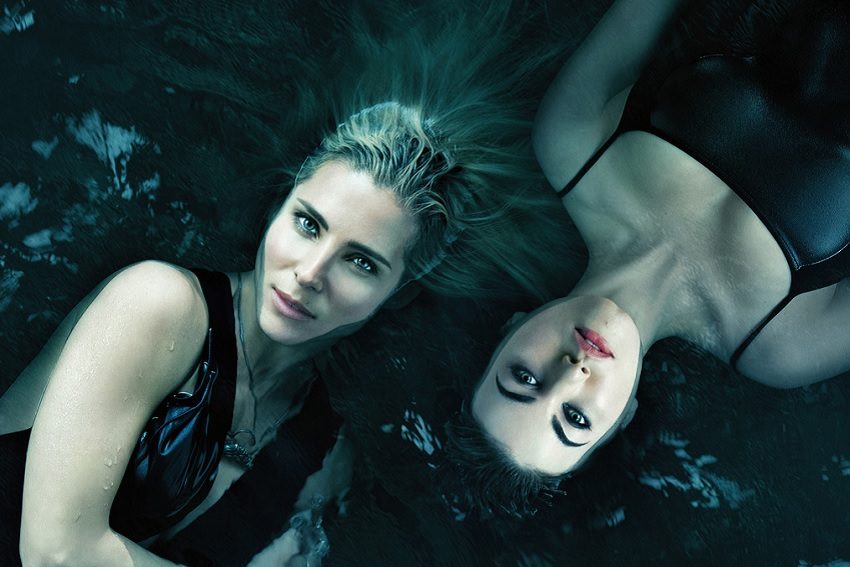
James McCann
James Donald Forbes McCann is a writer and award-winning stand-up comedian.

Critics have not been kind to Netflix’s first Australian title, but for a program that is essentially Home and Away with sex, drugs and mermaids, was that ever the goal?
For the first time, Netflix have commissioned and released an original Australian series. It’s an event that, one suspects, local critics might be celebrating – it always seemed, did it not, that David and Margaret tended to be a bit more generous when reviewing Australian films?
Except that the program is Tidelands; an eight-part drama about sexy mermaids who use their mysterious sexual powers to stay on top in the drug game. It has drawn comparisons to True Blood, as well as derisive, nautically-themed reviews from the Australian press. “The waterlogged show feels shallow”, reads one headline. The show “struggles to stay afloat”, reads another. Even Channel 10, a rival network not usually in the business of mentioning their competitors, called the show “a siren’s call many will resist” in a review posted to their website.
Someone in the Australian media landscape would be sure to say something nice about Tidelands were it, say, a sad, slow, delicate meditation about social problems. The last high-profile work by an Australian commissioned for Netflix, Nanette, was, for instance, more praised than it was enjoyed (what other comedy special could be described by a fan as ‘harrowing’?). But Tidelands is a guilty televisual pleasure, crammed with violence but noticeably lacking in shirts, and without even the highfalutin plot or spectacular special effects which make something like Game of Thrones defensible in polite company.
Tidelands will pain anyone especially prone to the cultural cringe. In the final shot, when a long-awaited Siren does, finally, emerge from the sea, she looks bizarrely like an albino Kim Kardashian. At one point, man with an eye patch makes out with a moustachioed policeman, aggressively, and for no real reason. An assassination attempt whereby a man is drowned inside a boat is baffling. The performances are stilted. Every character grunts and moans every line in a way that is supposed, one suspects, to convey something erotic. In defence of the actors, the dialogue so badly written that nobody, not Marlon Brando on the best day of his life, could make it sound human.
And yet, overblown, under-funded, poorly-acted B-movie garbage though Tidelands is, one must concede that it is, also, without question, an outstanding piece of overblown, under-funded, poorly-acted B-movie garbage. All the things a TV show should do to garner a good review are absent. However, all the things a TV show must do to keep people watching are here in abundance; the plot is tight, the pacing is right, and the nudity frequent.This reviewer did not have to watch the entire series to write a review (usually, for a program such as this, one or two episodes suffices) but did it anyway. In the teleological sense, and perhaps in the teleological sense alone, Tidelands is good television.
In a word, the show is unsubtle. But, in a gushing celebration of the country which bore it, Tidelands is unsubtle in the way that is characteristic of all Australian art historically beloved by the world. It is our national character. It’s what we’re good at, in cinema (Mad Max, Crocodile Dundee), popular music (INXS, ACDC), visual art (Sidney Nolan), comedy (Jim Jefferies, Barry Humphries), and fashion (Mambo, Gorman). Crucially, in the entire history of antipodean broadcast, the only Australian television shows to have maintained an overseas following are Neighbours and Home and Away.
Tidelands is, in essence, Home and Away with bosoms and magic, and that augurs well for its future, if not its reputation among our cultural luminaries.
Tidelands (M) is streaming now on Netflix

James Donald Forbes McCann is a writer and award-winning stand-up comedian.